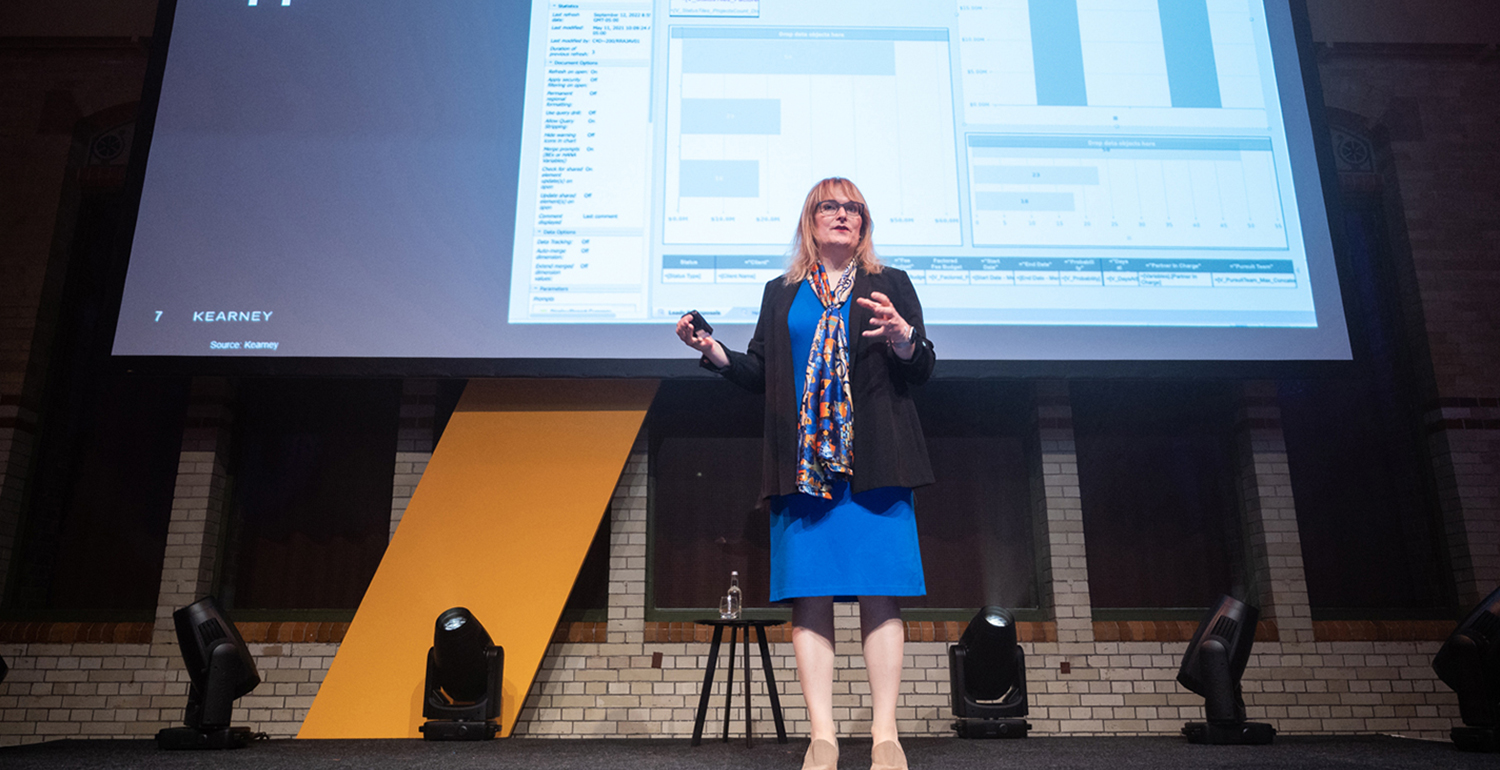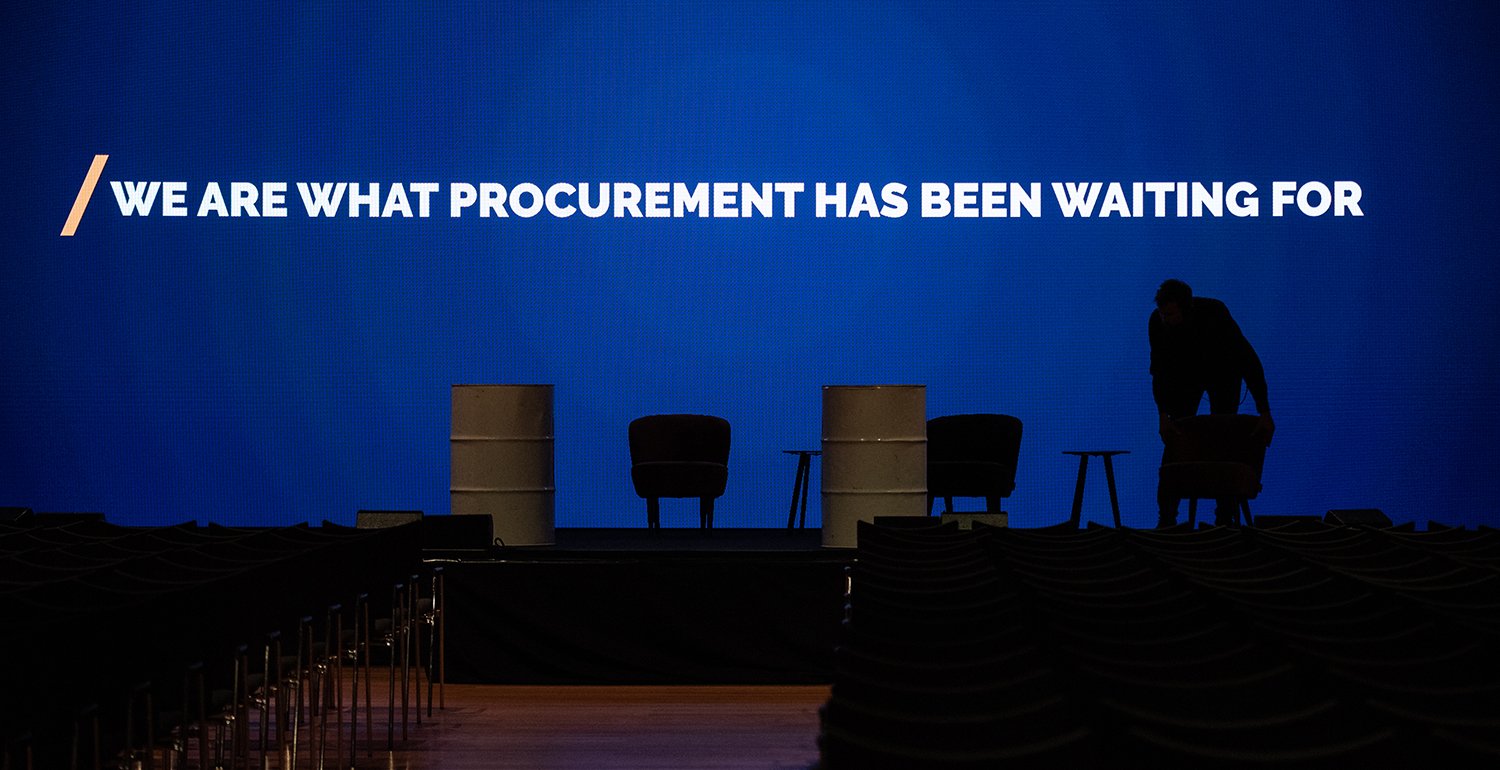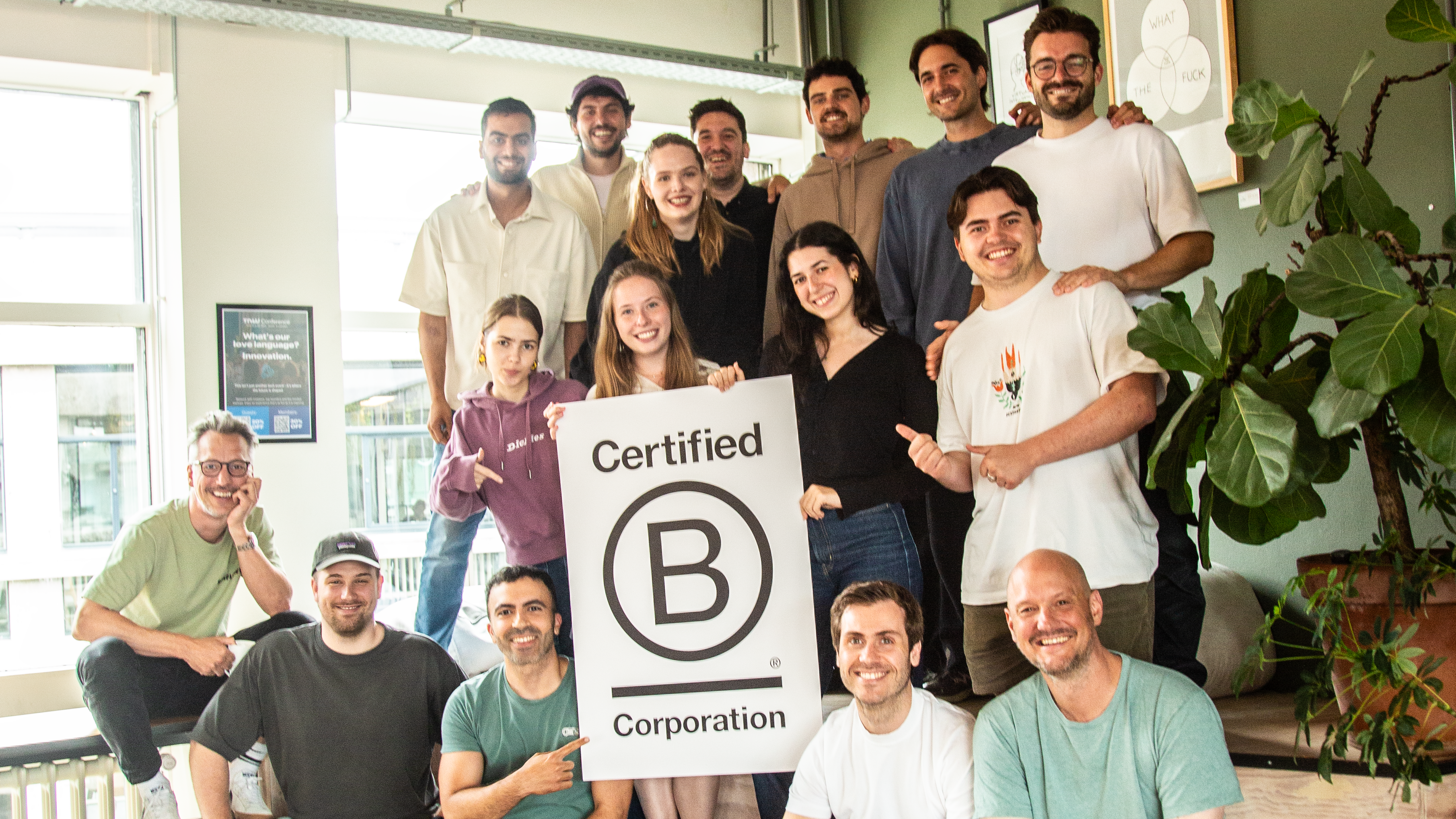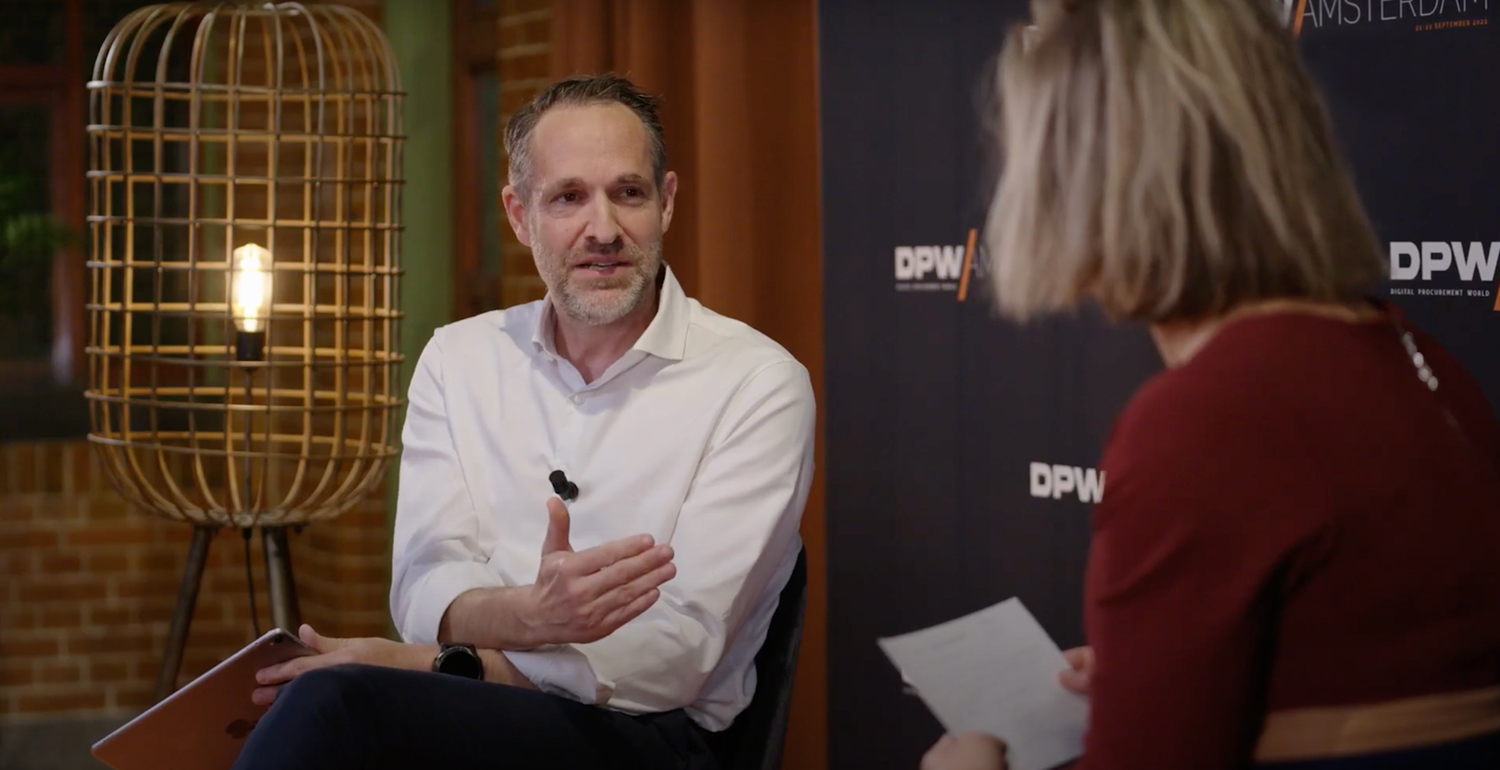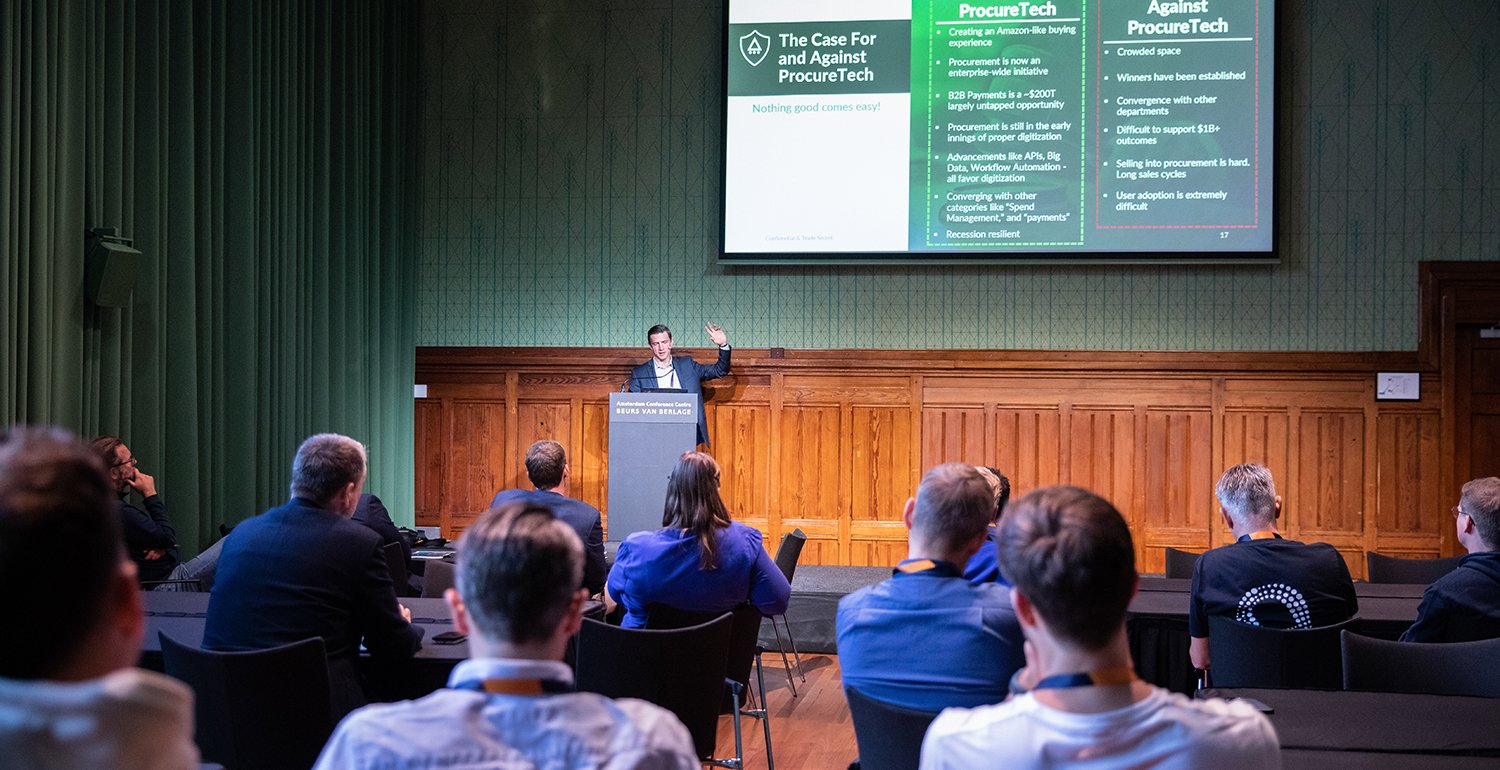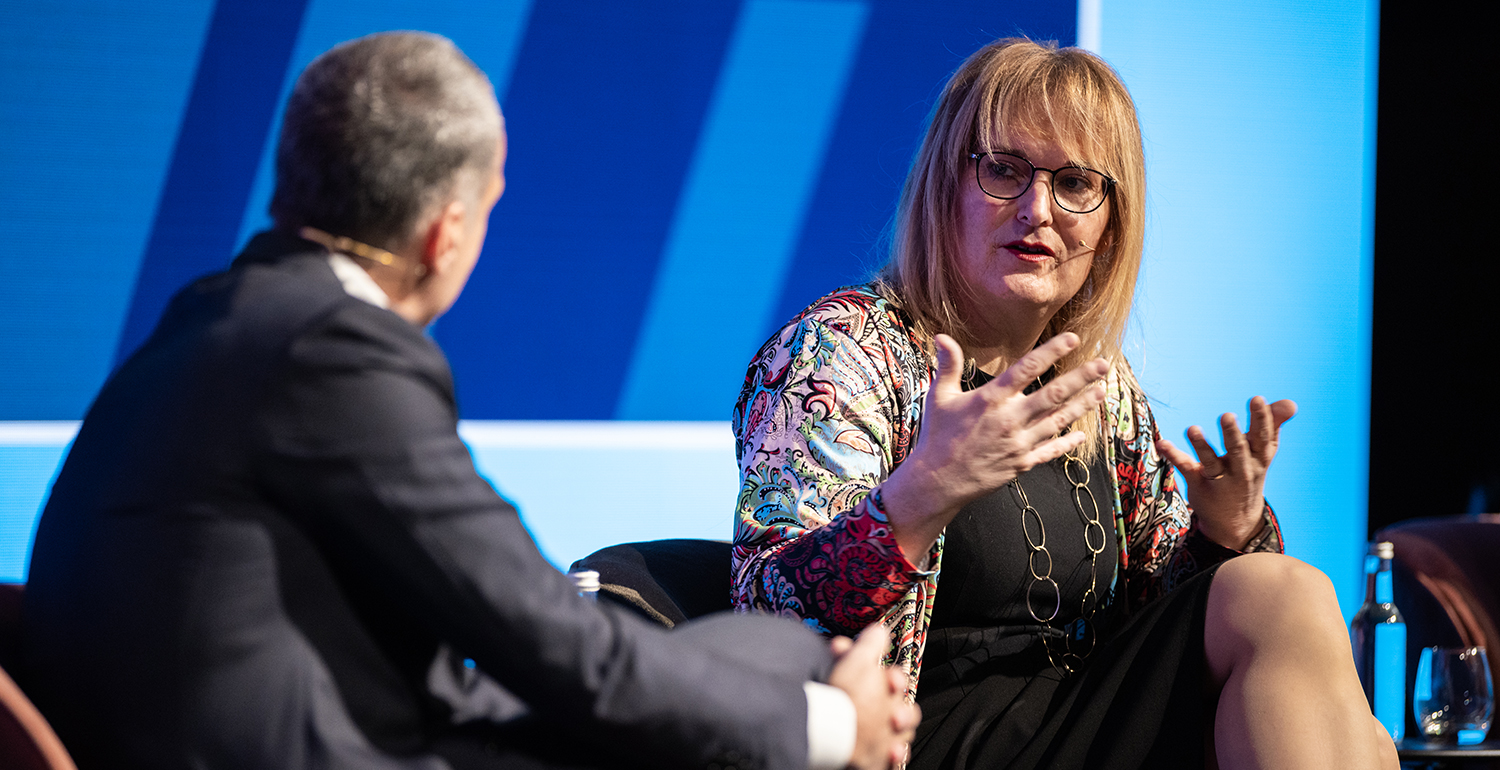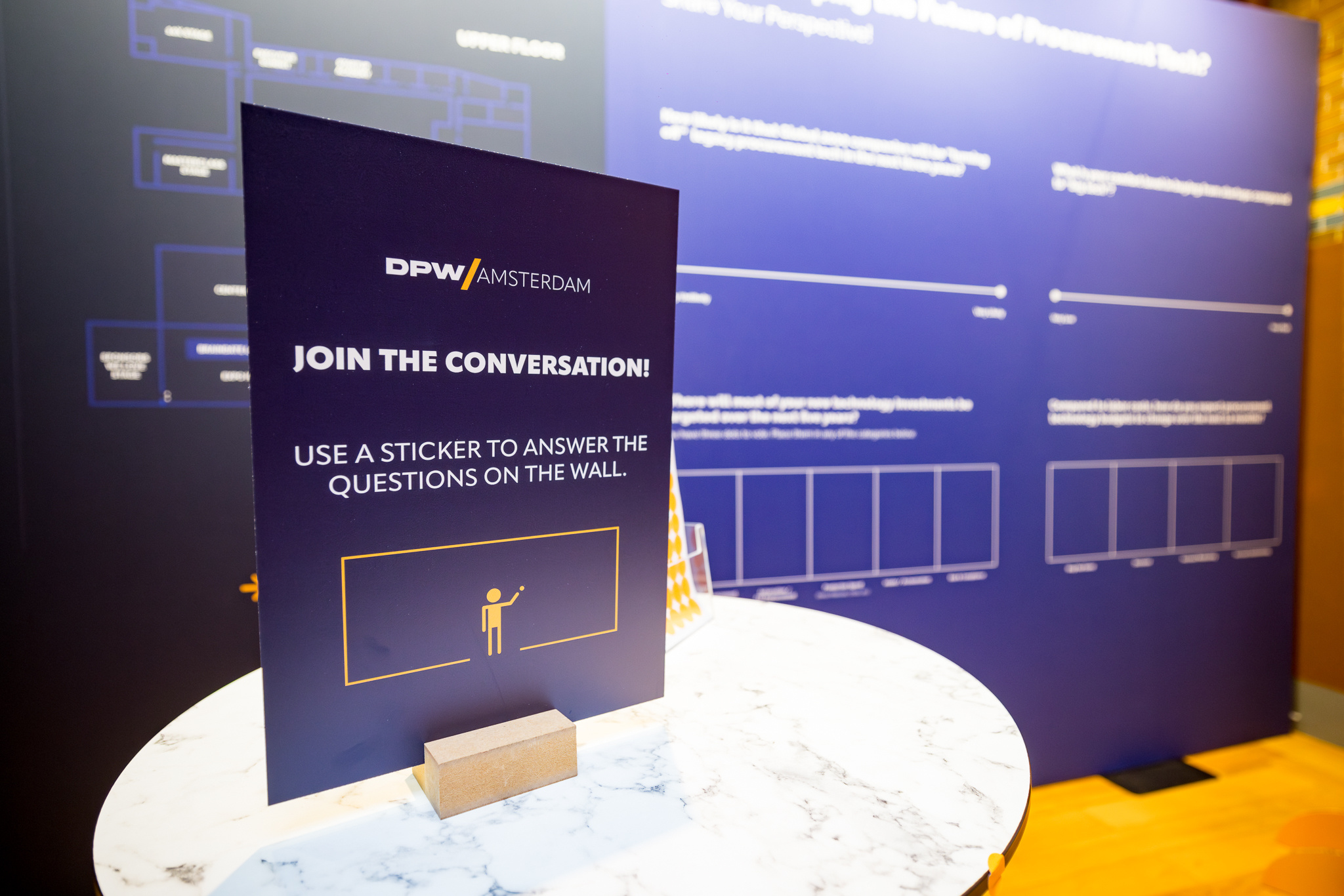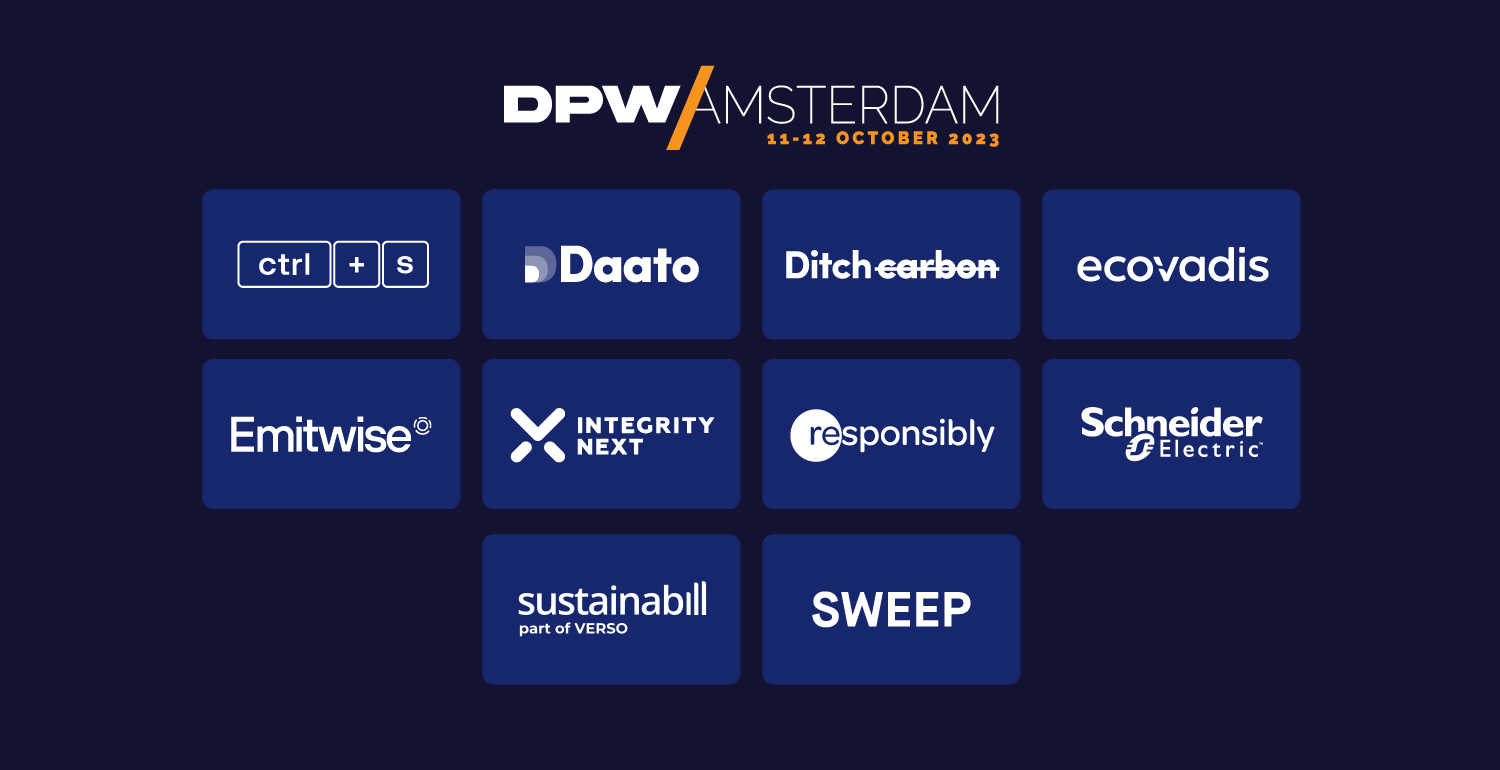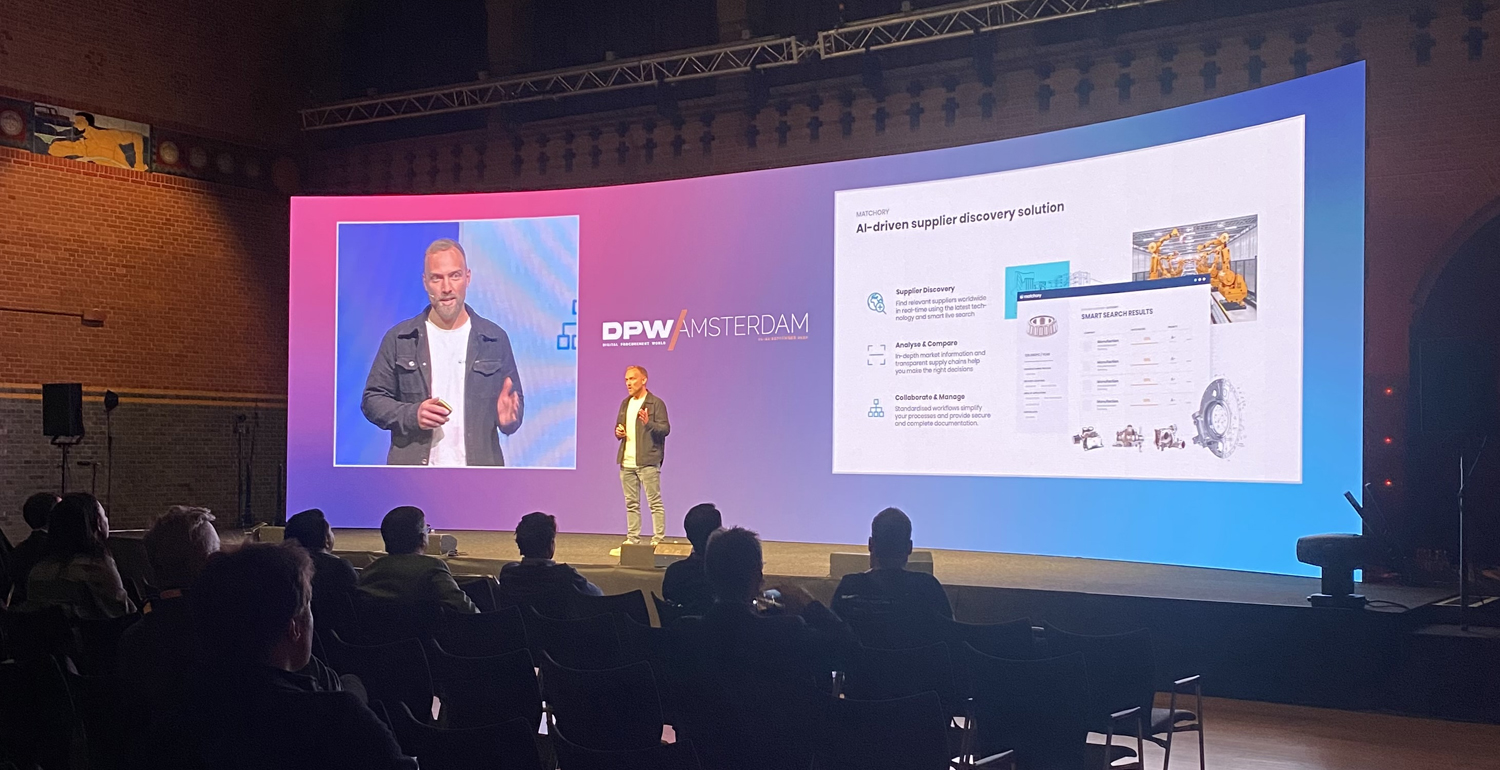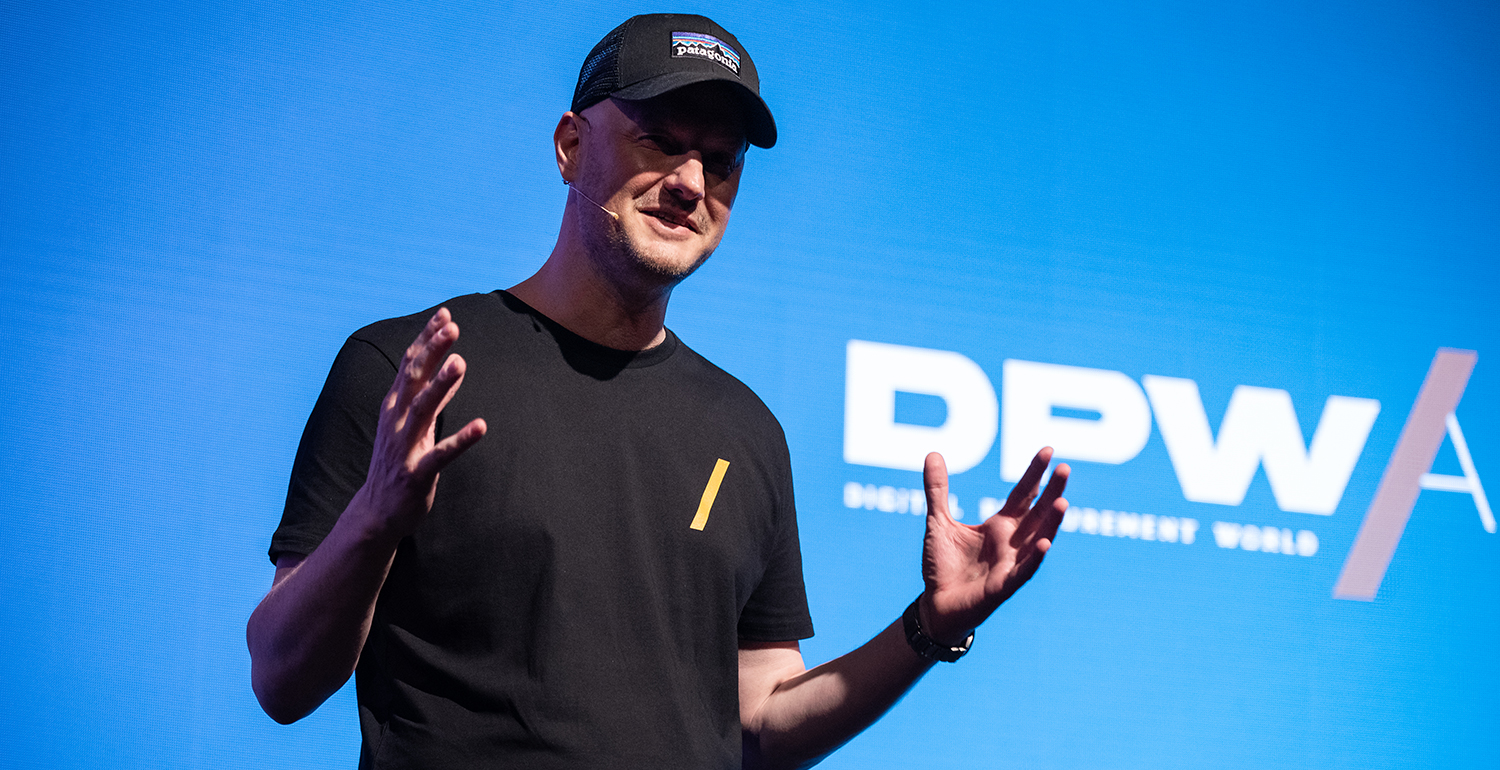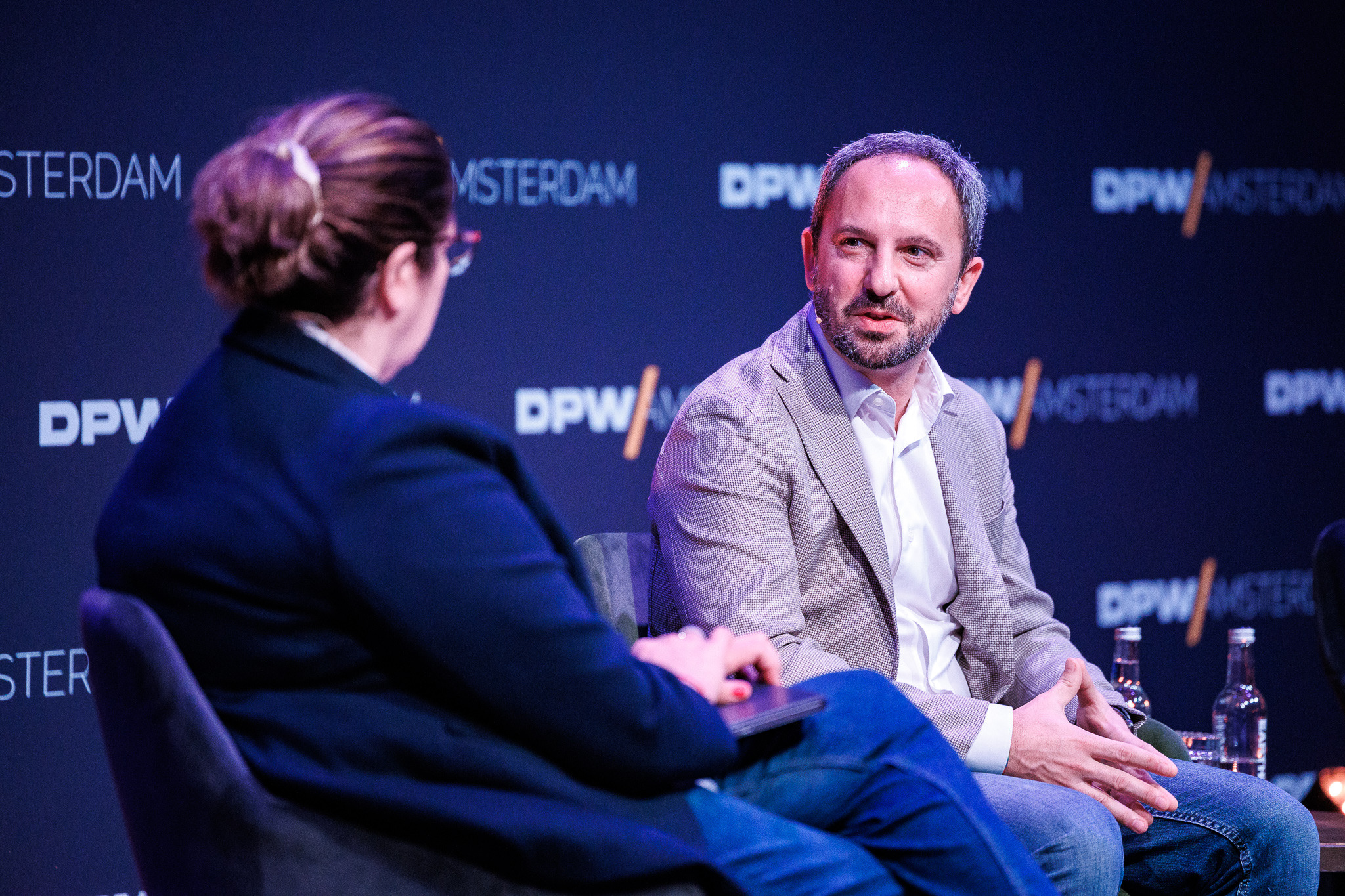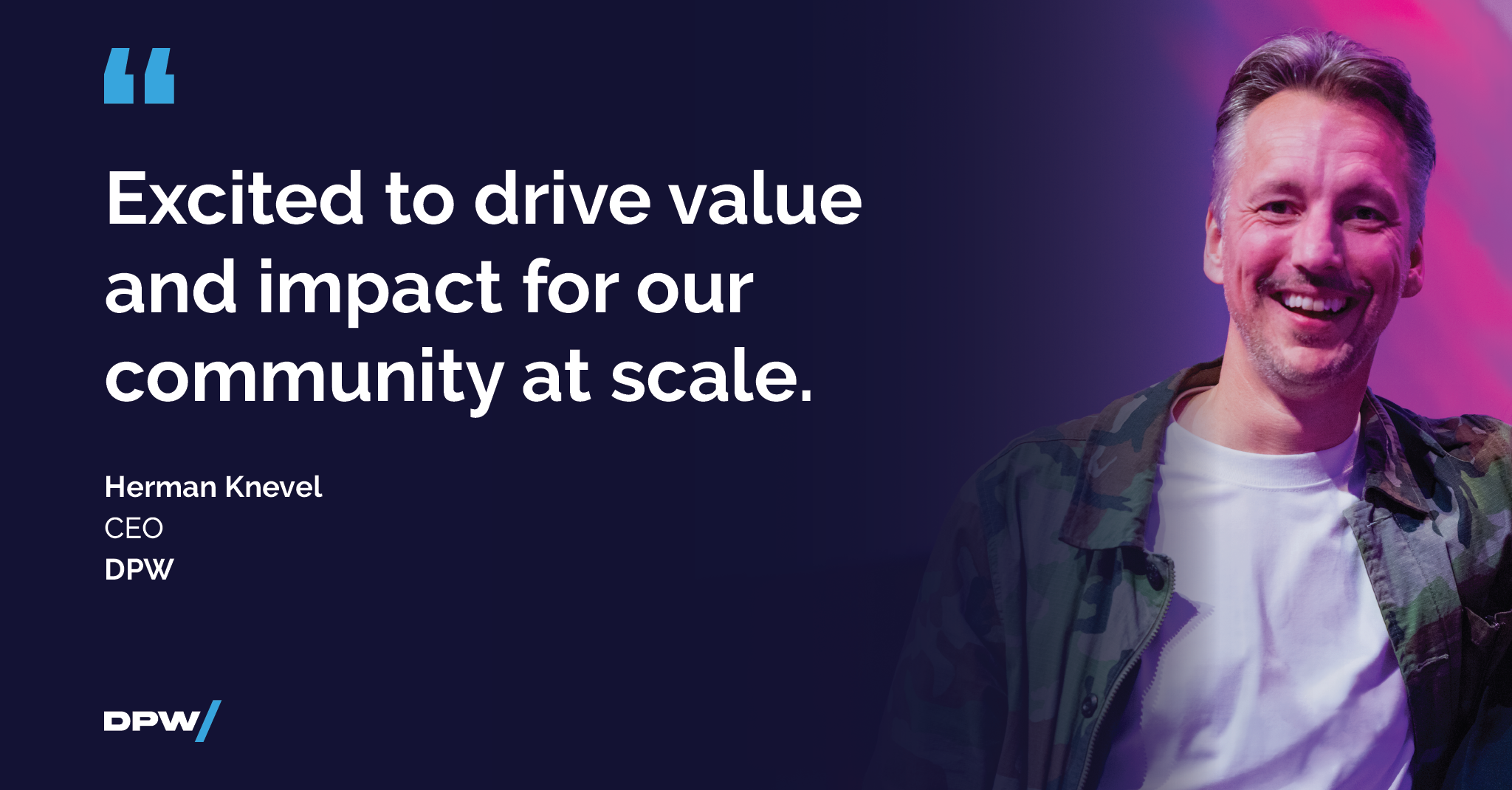Disruptive Procurement challenges status quo, drives value and innovation.

While total investment in procurement startups has been relatively low in comparison with other sectors such as automotive or logistics, the fact that 75% of this investment in procurement has only been secured since 2015 illustrates the current strength of this area and shows that procurement has reached the stage where the function is primed for a wildfire of technology and service innovation and investment.
We reached out to Felix Plapperer at Paua Ventures to get his thoughts on the procurement technology space. Here is what he had to say:
How do you assess procurement technology opportunities?
Plapperer: While i’m trying to focus on digging out the next hot procurement startup – roughly speaking I look at 100+ tech companies in the space per year – the general principle of analysis stays the same whether I am assessing a procurement technology or any other tech company:
1. Is the founding team wildly obsessed to achieve their goals and do they have the skills to do so?
2. Is the market big enough?
3. How competitive is it?
4. Does the product have a strong, measurable ROI and fast time to value?
5. Why is it defensible?
6. Is there an easy way to qualify customers and how long are the sales cycles?
7. How much effort is required in customizing and implementing the solution?
8. Do average contract values justify the customer acquisition + implementation cost?
9. Who could pot. buy this business in the future?
Once these questions are all checked off and you drill down deeper, that’s when questions become more procurement specific – for example:
1. Does the product solve a pain point that is on the CPO’s agenda, e.g. is this a must-have or nice to have solution?
2. How does the solution integrate with existing interfaces?
3. Can you distinguish the value proposition clearly from what Coupa, SAP Ariba, JAGGAER, and others are already offering?
Are there specific challenges in the procurement industry that you would like to see more startups tackling? If so, what are these?
Plapperer: Generally, procurement is not as “loud and flashy” as other functions and hence might not be as much on the mind of tech founders’ as sales, for instance, where you see 10 times more tech startups emerging. But: The untapped potential for tech to create value within procurement is huge. You still have data silos in many different, often outdated tools that don’t really communicate with each other. This creates limitations to what you can automate and thus a high dependency on human operators and negotiators. Also, lots of information and data is literally “lost in translation” when procurement is interfacing with other departments or external suppliers. This means that there is so much opportunity to create value for tech startups. Last year I wrote a blog post on “Why we fell in love with Procurement” that summarizes my perspective pretty well.
What do you predict for the procurement industry and procurement technology landscape during the pandemic? What about post-pandemic?
Plapperer: I am convinced that Covid-19 will be a massive accelerator for the adoption of procurement technology. Don’t get me wrong: In the short term, procurement ventures are not exempt from the business challenges & liquidity risks applying to all startups. In the mid to long term, however, there are three trends that I see to play in favor of procurement. One: Looking at the hyper-fragmented supply chains of today, the pandemic has exposed a painfully slow reactivity of procurement departments to the crisis. There are many tech solutions out there, that can help enterprises to better manage such risk. Second: Across industries, there is a sudden and weighty pressure on the bottom line. CFOs will start chasing CPOs to drive down cost. Again, that’s where tech will have an impact. Third, the resilience of supply chains has pushed topics such as “Glocalization” or “Single vs. Multi Sourcing” further up on the Agenda. I summarized my thoughts on this in more detail in this blog post.
What is the best advice you can offer entrepreneurs seeking funding during the pandemic?
Plapperer: Regarding your daily business operations: Switch to a possibly remote sales model. Focus your product offering so you can show quick time to value – as sales processes get more digital and companies are forced to save money, buyers try to go after quick wins rather than long and implementation heavy projects. When you are in fundraising while travel restrictions are in place: Focus on those investors you had the chance to meet in the past already: For most VCs physical meetings are still an important element in the investment process.
Startup founders are always asking how to get face time with investors. How do they get to meet Paua Ventures?
Plapperer: It’s quite an unspoken truth, so let me be honest here: Try to get a warm intro to a VC when you are fundraising. Why is that? As a VC, it’s not unusual to be in exchange with a couple dozen companies per week. In order to stay on top of this high-quantity “dealflow”, VCs are forced to rely on pattern recognition. Statistically speaking, those founders that know how to get a warm intro to a VC are the ones that are “street smart” enough to hustle their way to the right person within a potential customers’s organisation. This, obviously, increases the odds to successfully build a hyper growth startup (what VCs are desperately trying to find).
Anything you want to share in particular, any events or launches or startups that are currently in your portfolio that excites you the most?
Plapperer: Well yes, since a couple of months we are proud investors in the sourcing optimization and automation company Keelvar. We are super bullish that Alan and his team are pioneering a new procurement software category — Intelligent Sourcing Automation. Read more on why we invested in this blog post that I published recently. I am sure that it will not be the last one and I cannot wait to find the next, yet-hidden gem in procurement-tech. If you have an idea where to find it: Let me know!
Felix Plapperer is Principal at Paua Ventures and can be reached at felix@pauaventures.com.








